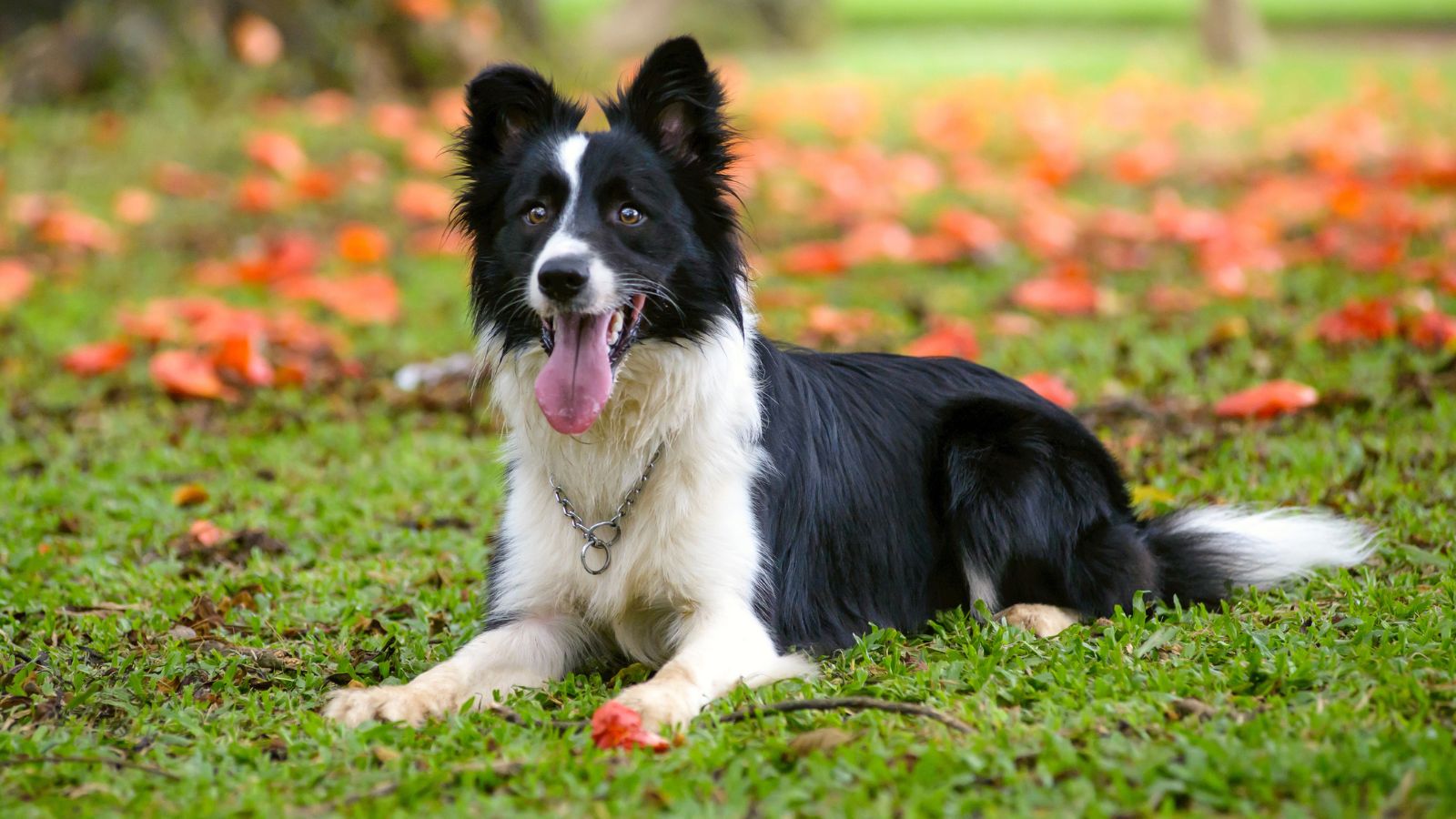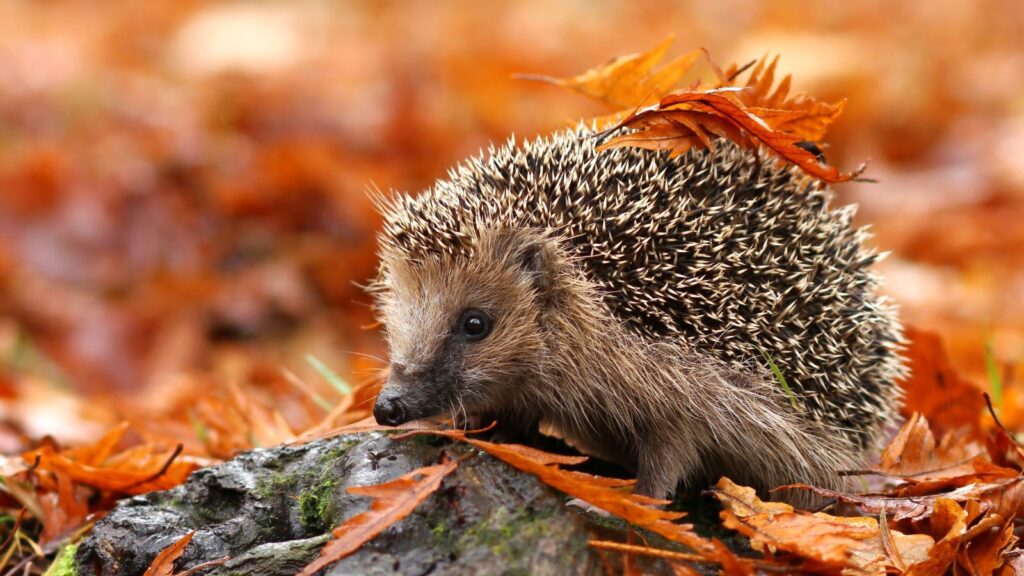Choosing a new pet is exciting, but it’s crucial to look beyond an animal’s appearance, novelty, or status appeal. Whether you’re considering a feathered, furred, or scaled companion, it’s important to make an informed decision. To help you avoid common pitfalls, we’ve compiled a list of the 19 most frequently regretted pet types you should steer clear of.
Monkeys

Monkeys may be amusing, intelligent, and highly social, but they are also extremely loud, demanding, and potentially destructive creatures to have in a home. The Spruce warns that monkeys are domesticated animals and will never lose their wildness no matter how long they spend in a home—which can be up to 20 years!
Large Dogs

No matter how gentle, the ‘giant’ size is an important factor when choosing a pet, and some dog owners fail to comprehend how large their puppy will get or how difficult a large breed can be to own. Those living in small apartments may find that cute puppies quickly turn into huge, energetic, demanding, and destructive pets that don’t fit well in such living spaces.
Sugar Gliders

These mini marsupials have very specific dietary, humidity, and temperature requirements, which can lead to health problems if unmet. They’re also nocturnal but require social interaction, which means stress for them if they are woken during the day and stress for their owners at night, who are typically trying to sleep when their pets need interaction.
Large Parrots

Macaws, cockatoos, and other large parrots live for a very long time—up to 80 years! Throughout this lifetime, they require immense amounts of care, space, socialization, and mental stimulation to prevent health problems, obsessive behaviors, and depression. Additionally, if they are bored or unsocialized, their powerful beaks can cause destruction, and they can give painful bites.
Iguanas

The PPACC writes that iguanas “have strict feeding and housing requirements and can grow to be fairly large and extremely powerful. They can also be tough to tame and may grow hostile if not handled.” Their diets are complicated, and they also require optimal temperature and light, with specific UVB light requirements for calcium absorption and bone health.
Venomous Snakes

They may sound cool, but venomous snakes require expert knowledge and handling skills to keep both the snakes and their owners happy and healthy. Even experienced pet owners face risky bites if they fail to follow strict safety protocols, while the stress of accidental escape is heightened for any potentially dangerous pet.
Tarantulas

Mammalian dogs and cats make affectionate pets, but spiders aren’t exactly known for their friendliness and friendships with humans. PETA advises against getting one, stating that tarantulas don’t even recognize their caregivers and are also notoriously difficult to keep, with species-specific habitat and dietary requirements.
Ornamental Goldfish

Unless you have extensive knowledge of fish husbandry, you’ll be surprised at how sensitive fish can be to inadequate tank size, overcrowding, water quality, temperature, light levels, and diet. Ornamental goldfish, with bulbous heads and fancy fins, are particularly high maintenance—often suffering medical problems (like tumors) even under expert care.
Chameleons

What could be easier to care for than a cute, slow-moving, and harmless chameleon? As it turns out, many things! Chameleons are sensitive reptiles with species-specific needs that inexperienced owners often underestimate. The equipment for maintaining the right light, temperature, and humidity levels is also expensive and time-consuming to maintain.
Bunnies

While not as exotic as other pets on the list, rabbits are often mistakenly seen as simple creatures with basic needs that are cheap and easy to meet. In actuality, they require a balanced diet without too much fruit, spacious and safe enclosures, social stimulation, and regular exercise. Indoor bunnies can also be destructive and are difficult to housetrain.
High-Energy Dogs

Dogs bred for extensive outdoor work, like farmyard Border Collies or sled-pulling Huskies, require intense activity and mental stimulation to stay happy. When put into a comparatively dull and unstimulating home environment, they can become destructive, vocal, and restless—leading to frustrated owners and neighbors!
Hedgehogs

WebMD states that these small, prickly mammals are an exotic pet, currently illegal in four U.S. states. While they may be adorable, their nocturnal nature can disrupt their owners’ sleep schedules and make handling and interacting with them inconvenient. They can also carry pests (like fleas) and are prone to several unique medical conditions.
Micro Fish

Tiny, brightly colored fish sound like an easy addition to any tank setup, but they often have specific water quality requirements and can be delicate creatures to keep healthy, causing stress and time-consuming maintenance. A reduction in water quality or disease outbreaks can severely reduce the lifespan of these already short-lived fish.
Persian Cats

Several pedigree cat breeds are high maintenance, but Persians are perhaps the worst of the bunch. With squashed faces prone to respiratory problems and skin conditions, they often require specialized diets and high levels of medical care. Their coats also require daily brushing to prevent excessive shedding or the development of painful mats.
Senior Pets

Older pets can be an excellent addition to any household, but they can also come with more medical complaints, ingrained behavioral problems, and short remaining lifespans. Owners who fail to consider these factors can be disappointed, heartbroken, or financially stretched after adopting a senior pet.
Unsocialized Animals

Pity is often a strong force when visiting a shelter, but many owners live to regret adopting an animal who is withdrawn, fearful, anxious, or even aggressive. Unless you have the time and expertise to deal with such animals, it’s better to opt for a pet you can handle and allow unsocialized animals the opportunity to find a more experienced home.
Savannah Cats

Purina says, “Savannah cats make excellent companions as long as they’re socialized from kittenhood, but given their inquisitive and attention-demanding nature, they’d be better suited to more experienced owners.” Many new owners who chose this serval-hybrid cat breed based on appearance regret their choice—ending up with a large, powerful, aloof, and challenging pet.
Pets with Special Needs

While adopting animals with disabilities or chronic illnesses is a noble gesture, anyone who doesn’t fully comprehend the implications of caring for a high-needs animal may end up regretting it. Time-consuming care, therapy, and medication schedules, plus the expense of extra equipment, vet bills, and specialized diets, can all stack up.
Gift Animals

Parents who choose to give a pet as a birthday or Christmas present often question the decision, especially if the pet is large, demanding, and expensive to keep. Children are notorious for losing interest in pet care and may even dislike the pet they’ve been gifted—causing a lot of stress all around!







